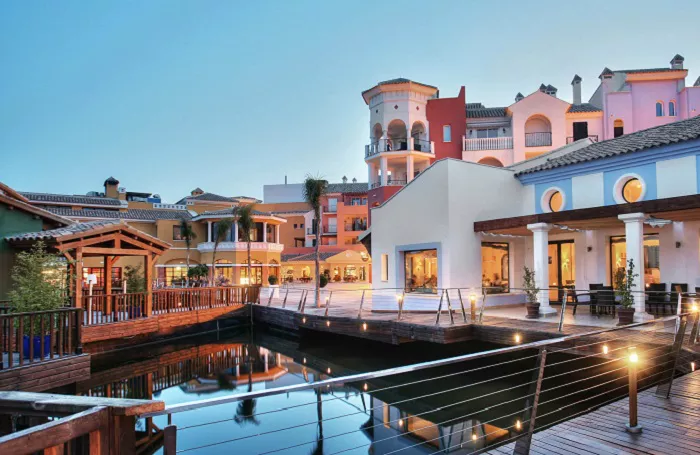Concerns over the welfare of donkeys used for tourist rides in La Cala de Mijas, a picturesque town in Spain’s Costa del Sol, have reignited calls for the practice to be banned following disturbing reports from British visitors and animal rights groups.
Clare Meaning, a 48-year-old nutritionist from Dorset, visited the town with her family and described scenes of neglect and suffering. According to her observations, the donkeys—many appearing emaciated—were made to stand for hours in 31°C heat, often without access to water, food, or proper shelter. Some animals were reportedly frothing at the mouth, collapsing from fatigue, and left standing in their own urine.
“This is unnecessary exploitation,” Meaning said after contacting the Born Free Foundation. “They’re being used like machines. There must be a way to regulate this better, with reduced hours and improved care.”
The donkeys, along with horses, line the town center to pull carts for tourists in what is locally known as the “Burro Taxi” service. Despite the tradition’s deep roots, public scrutiny is mounting, with many travelers expressing outrage on social media and travel sites.
One visitor wrote on TripAdvisor: “Mijas is a beautiful town, but the donkey taxis ruin it. These animals are working in brutal conditions with no food or water, all year round.”
Another described witnessing a donkey forced out of a shaded area, clearly reluctant to move under the scorching sun. “It was heartbreaking,” the reviewer stated.
Local resident Lynda, who has lived in Mijas for over three decades, echoed the concerns. She alleged that the donkeys are forced to work up to midnight, then housed in overcrowded outdoor enclosures where conditions remain stifling and unsanitary.
“They’re given stale bread instead of proper feed, their feet are cracked, and they’re filthy by morning,” Lynda said. “Despite repeated protests, little has changed. The authorities acknowledge the problem but do nothing.”
Animal rights organizations including PETA have reportedly lobbied Mijas Mayor Ana Carmen Mata to take action. Campaigners argue that the animals endure year-round labor with inadequate rest and care, amounting to what they describe as modern-day animal slavery.
In 2019, local authorities implemented a regulation prohibiting tourists over 12.5 stone (approximately 79 kg) from riding the donkeys. However, critics argue that the measure falls short of addressing the systemic issues surrounding animal welfare.
The controversy in Mijas echoes similar debates in other tourist hotspots, including UK seaside towns, where donkey rides have come under increasing ethical scrutiny.
As pressure builds from both tourists and advocacy groups, the town of Mijas faces mounting demands to reform or end its long-standing practice of donkey taxis. Animal welfare advocates insist that without swift and meaningful intervention, the animals’ suffering will persist.


